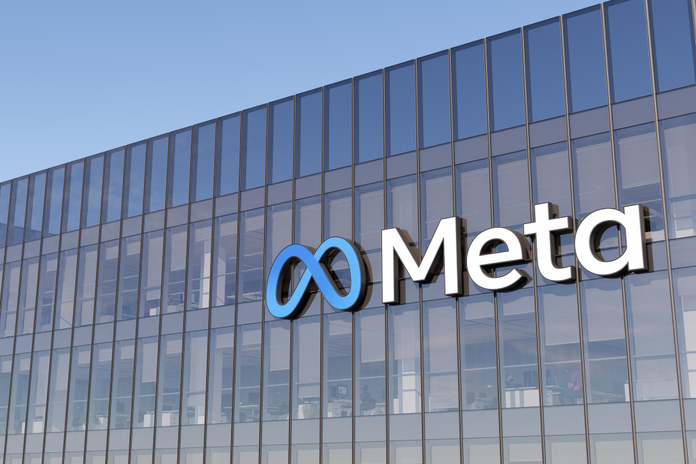Meta Platforms, Inc. (NASDAQ:META) has been making significant strides in the artificial intelligence (AI) space with its Llama AI models, which are increasingly being adopted by major enterprises across various industries. Meta’s Llama AI models, designed to handle tasks ranging from customer service to document review and computer code generation, are proving to be a valuable asset for companies like Goldman Sachs and AT&T. This widespread adoption highlights the growing influence of Meta’s AI initiatives in the corporate world.
Meta Llama AI Models: A Growing Presence in Business
Since their initial release, Meta’s Llama AI models have gained substantial traction, with nearly 350 million downloads reported. This marks a significant increase from the 300 million downloads noted in late July, following the launch of the latest and largest Llama 3 model. The rapid adoption of these AI models underscores their appeal, particularly given that they are largely available free of charge, making them an attractive option for businesses looking to integrate advanced AI capabilities without incurring prohibitive costs.
Meta’s Llama AI models are being utilized by a diverse array of companies. For example, Goldman Sachs has implemented these models to enhance customer service operations, while AT&T is leveraging them for document review processes. Additionally, companies like Japanese bank Nomura Holdings, food delivery service DoorDash, and professional services provider Accenture are also exploring the potential of Llama models to optimize various business functions.
Cloud Integration and Industry Adoption
Meta’s Llama AI models have seen increased usage via cloud providers such as Amazon Web Services (AWS) and Microsoft Azure. Between May and July of this year, usage of Llama AI models on these platforms more than doubled, highlighting their growing popularity among businesses seeking scalable AI solutions.
The rise in cloud-based adoption is particularly noteworthy as it indicates that Meta’s AI models are not only being integrated into internal business processes but are also being deployed in cloud environments to enhance accessibility and scalability. This trend is likely to continue as more enterprises look to leverage the power of AI to drive efficiency and innovation in their operations.
Meta’s Strategic Approach: Open and Competitive
Meta’s approach to AI has been characterized by an emphasis on openness and competitiveness. CEO Mark Zuckerberg has been vocal about the company’s strategy to offer state-of-the-art AI models like Llama for free, positioning Meta as a leader in the AI space without the constraints of proprietary technology. This approach is designed to ensure that Meta’s Llama AI models remain competitive and efficient across generations, setting them apart from paid alternatives like those offered by OpenAI, an industry leader in AI development.
Zuckerberg’s vision for Llama is to establish it as the industry standard for AI models by fostering a community-driven approach to development. By making these models freely available, Meta aims to encourage widespread adoption and collaboration, which could ultimately lead to faster advancements in AI technology and broader industry impact.
Challenges and Opportunities for Meta Llama AI Models
While Meta’s Llama AI models have impressed users with their ability to generate human-like text, they are not without limitations. These models still face challenges in performing certain logical tasks and are prone to factual inaccuracies, which can limit their utility in some business contexts. Despite these challenges, the adoption of Llama models by major enterprises serves as an endorsement of their capabilities and potential.
As Meta continues to refine its AI models, the company is likely to address these shortcomings, further enhancing the reliability and accuracy of Llama in business applications. The ongoing development of Llama AI models will be crucial in determining their long-term success and their ability to compete with other leading AI models in the market.
Conclusion
Meta’s Llama AI models are rapidly gaining traction among major enterprises, demonstrating their value in a variety of business functions. With nearly 350 million downloads and growing usage on cloud platforms, Llama is poised to become a significant player in the AI landscape. Meta’s strategy of offering these models for free, combined with its commitment to open development, positions Llama as a competitive and accessible solution for businesses seeking to leverage AI. As the technology continues to evolve, the future looks promising for Meta’s Llama AI models in shaping the next generation of business innovation.
Featured Image: Megapixl







